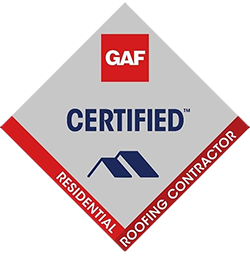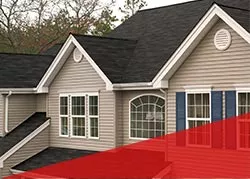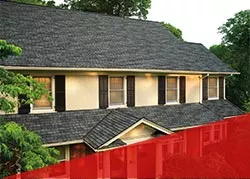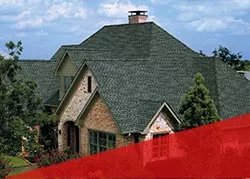pennsylvania roofing
Your Dedicated Pennsylvania Roofing Company
Every Pennsylvania Home Needs One of Our Roofs!
Work With the Best Kish Valley Roofing Specialists
There’s plenty to love about Pennsylvania, from our friendly people to our breathtaking views. At Kish Valley Roofing, we are passionate about building and maintaining roofs to keep our horizon looking as beautiful as it is. Are you in need of top-notch roofing solutions? Look no further than Kish Valley Roofing, everyone’s favorite Pennsylvania roofing contractor!
Our Roofing Expertise is the Best in the State
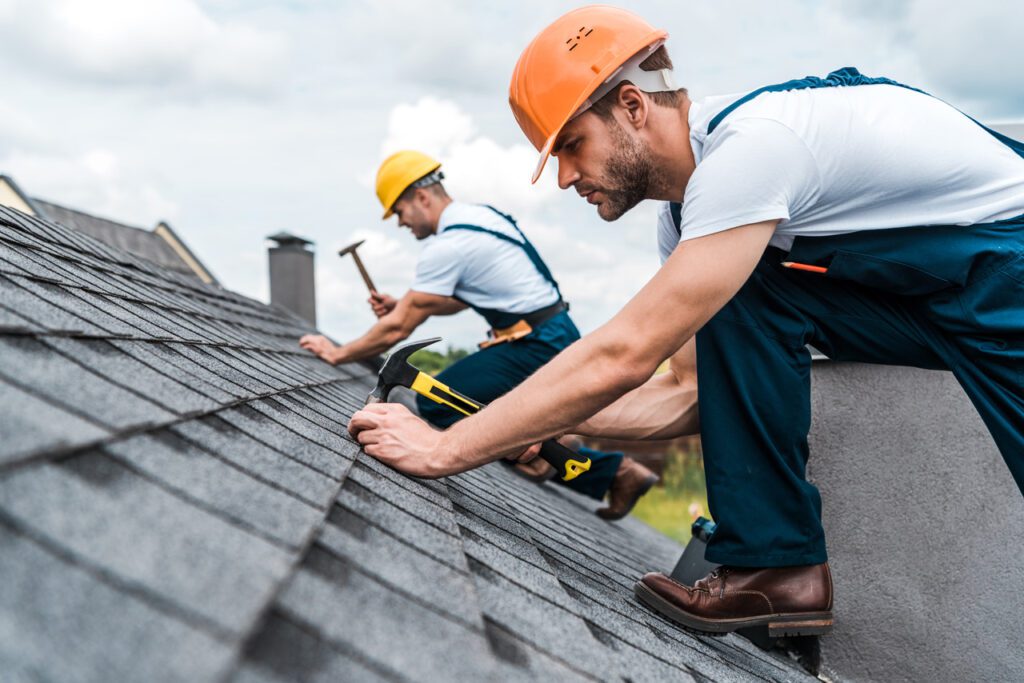
With a proven track record of excellence, we are your most trusted Pennsylvania roofers. We specialize in high-quality roofing solutions that combine durability, functionality, and aesthetic appeal. Our team of professionals is dedicated to providing you with top-tier services. Let us rescue your roof from storm damage in Pennsylvania.
Whether you require roofing installation, repair, replacement, or maintenance services, we have the expertise to deliver results that exceed your expectations.
All Types of Roofs
Whether you need metal roofing or flat roofing in Pennsylvania, Kish Valley Roofing can meet your requirements. Any size building, all styles and materials, from small to complex roofing projects ‒ we do them all. And the best part is that we deliver with a smile.
Why Choose Our Pennsylvania Roofing Services?
Quality Materials: We source our materials from reputable suppliers to ensure the longevity and reliability of your roof.
Experienced Team: Our team comprises roofing experts with years of hands-on experience, deep knowledge and skills.
Timely Execution: We value your time. That’s why we strive to finish projects within set timelines without compromising quality.
Customer Satisfaction: Our commitment to customer satisfaction drives everything we do, ensuring you’re delighted with the final results.
Areas We Serve
Kish Valley Roofing proudly serves various areas across Pennsylvania, providing reliable roofing solutions. No matter where you’re located, we are just a phone call away.
Proud to be Your Pennsylvania Roofing Specialists
Ready to experience roofing excellence? Reach out to Kish Valley Roofing today for the best Pennsylvania roofing contractor. Let us enhance your property’s curb appeal or complete urgent repairs with professionalism and dedication. Contact us now to schedule your free consultation or request a quote.

